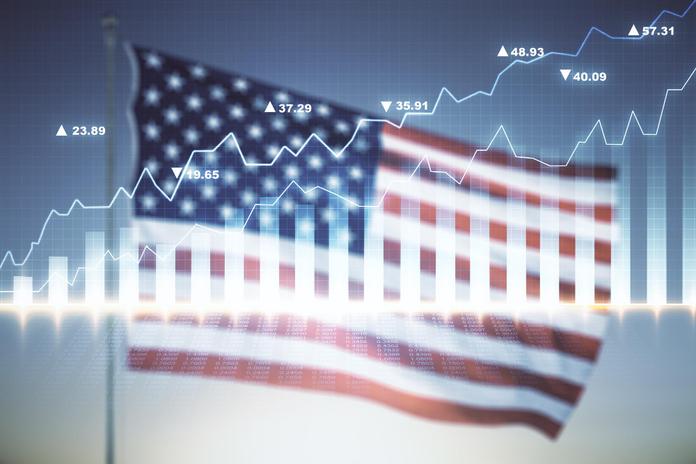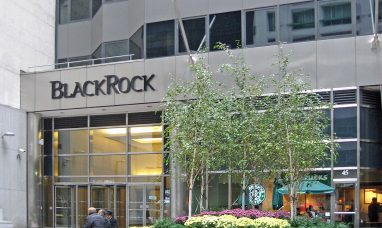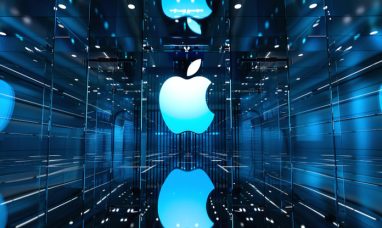Investors are maintaining their composure as discussions about a potential second term for Donald Trump intensify following President Joe Biden’s shaky debate performance. Despite the primetime debate debacle, market reactions have been relatively stable.
Market Response to Debate Performance
“The one takeaway from the debate last week was the market has sort of made its peace with Donald Trump being the next president,” said Ben Laidler, head of equity strategy at Bradesco, on the “Opening Bid” podcast. “We saw markets sort of edge up a little bit, and we didn’t see that volatility.” Both Trump and Biden left viewers stunned, with Trump making false claims and Biden appearing frail and disconnected.
Since the June 27 debate, the S&P 500 (INDEXSP:.INX), Nasdaq Composite (INDEXNASDAQ:.IXIC), and Dow Jones Industrial Average (INDEXDJX:.DJI) have experienced only minor declines. Market leader Apple Inc. (NASDAQ:AAPL) has gained about 1.6%, while Amazon.com Inc. (NASDAQ:AMZN) has traded sideways.
Investors Sentiment and Historical Context
Morgan Stanley strategist Mike Wilson noted increased client interest in rotating into 2016 “Trump Trades” in the cyclical and small-cap space following the debate. “Market expectations for fiscal expansion, reflation, and less regulation under a Trump presidency drove these initial moves, in our view,” Wilson wrote in a client note.
The reaction to Trump’s first presidency, characterized by solid market returns despite events like the COVID-19 pandemic and the Capitol storming, seems to be influencing current investor sentiment. During Trump’s tenure, the Dow Jones Industrial Average returned 56%, with 126 new highs. The S&P 500 climbed over 50%, and Apple’s stock surged by more than 350%, driven by Trump tax cuts that boosted corporate profits and the resulting wealth effect from increased consumer spending.
Current Market Dynamics
However, Wilson cautioned that the current market environment differs significantly from 2016. “We would argue that the cycle is more mature today than it was in 2016,” Wilson said, pointing to the two-and-a-half-year decline in the Conference Board Leading Economic Indicator series. “Inflation was not a headwind to consumers in the way it is now, and the US economy was recovering from a manufacturing/commodity recession, aided by the prospects of a pro-fiscal/reflationary policy regime. Today, inflation is a notable headwind to consumers, and fiscal sustainability dynamics are top of mind for the bond market.”
Future Prospects and Industry Insights
Despite the relatively calm market reaction, some stocks have experienced volatility. Shares of AI leader Nvidia Corp. (NASDAQ:NVDA) dropped by 3% following the debate. Laidler suggested that investors may be reflecting on the pro-business stance of Trump’s first term and considering the potential for similar gains.
Ford Motor Co. (NYSE:F) CEO Jim Farley commented that while consumers might feel nervous around the presidential election, he doesn’t believe it will significantly impact auto demand.
Featured Image: Freepik















